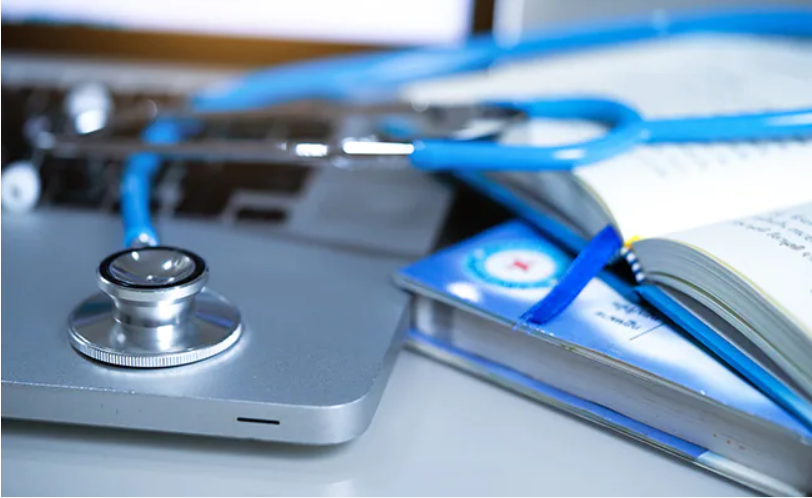In a landmark decision, the Madras High Court has ruled in favour of postgraduate (PG) medical students, ordering the awarding of incentive marks for those who actively participated in COVID-19 duty in government hospitals. The ruling, issued by Chief Justice SV Gangapurwala and Justice D Bharatha Chakravarthy, addresses a batch of petitions filed by PG medicos and private doctors. Let’s examine the court's decision, its implications, and the journey leading to this crucial verdict.
The Background: The legal proceedings revolved around the government's initiative to recruit 1,021 assistant surgeons in government healthcare institutions, a process initiated last year. The contested matter involved the allocation of incentive marks to doctors who served on COVID-19 duty in government hospitals, as per G.O. Ms 278.
PG Medicos and COVID-19 Duty: Despite the acknowledgement that services rendered by PG Medicos during the COVID-19 pandemic are part of their 36-month training period, they were actively involved in COVID-19 duty. The court observed that PG medics undertook similar duties and faced comparable challenges to other medical officers recruited by the state government. This set the stage for the contention that their contributions should be equally recognized through incentive marks.
Court's Perspective: The Madras High Court, echoing the arguments presented by advocate Suhrith Parthasarathy, held that the duties performed by PG medicos were equivalent to those of regular medical officers. The bench emphasized that the number of patients treated and the intensity of duty were on par with the temporary medical officers recruited specifically for COVID-19 duty.
Equal Recognition for PG Medicos: In a significant move toward equal recognition, the court ordered the awarding of incentive marks not only to the petitioners but to all PG medicos who actively served during the pandemic. This decision is pivotal in acknowledging the efforts and sacrifices made by these medical professionals, ensuring they receive their due credit for the crucial services rendered during the health crisis.
Implications of the Verdict: The Madras High Court's decision sets a precedent for acknowledging the invaluable contributions of PG medical students during unprecedented health crises. By extending the benefits of incentive marks, the court sends a strong message about the importance of recognizing and appreciating the efforts of medical professionals, irrespective of their specific roles.
Government's Justification: The court agreed with the government's stance that a significant percentage (84%) of patients were treated in government hospitals. The lack of a verifiable mechanism to validate private doctors’ claims of COVID-19 duty further supported the state's classification of medical officers based on duty location.
In concluding its decision, the Madras High Court has not only rectified an apparent disparity but also championed the cause of fairness and equality. The ruling ensures that PG medicos, who played a crucial role in combating the COVID-19 pandemic, receive the recognition they deserve through the allocation of incentive marks. This verdict marks a significant step towards acknowledging the contributions of healthcare professionals, fostering a sense of equality, and promoting a fair and just healthcare system

 The Madras High Court has not only rectified an apparent disparity but also championed the cause of fairness and equality. The ruling ensures that PG medicos, who played a crucial role in combating the COVID-19 pandemic, receive the recognition they deserve through the allocation of incentive marks.
The Madras High Court has not only rectified an apparent disparity but also championed the cause of fairness and equality. The ruling ensures that PG medicos, who played a crucial role in combating the COVID-19 pandemic, receive the recognition they deserve through the allocation of incentive marks.










.jpeg)



















.jpeg)
